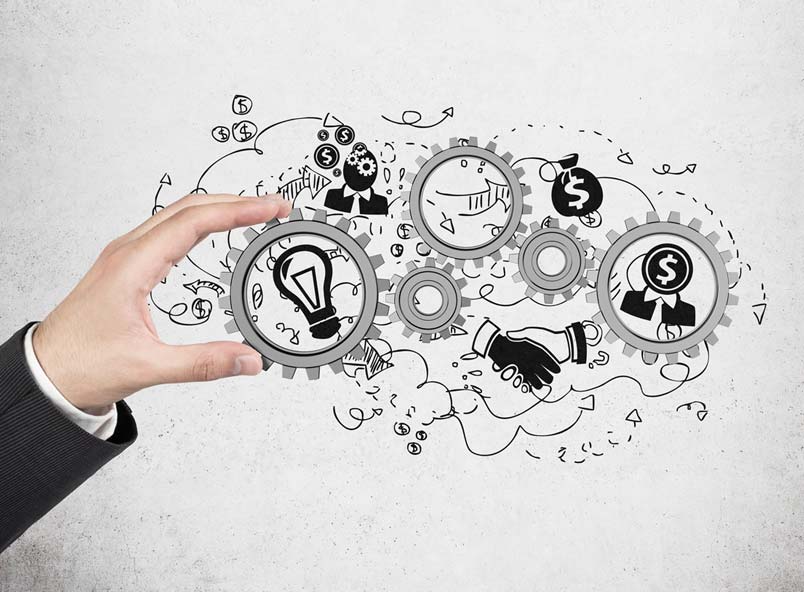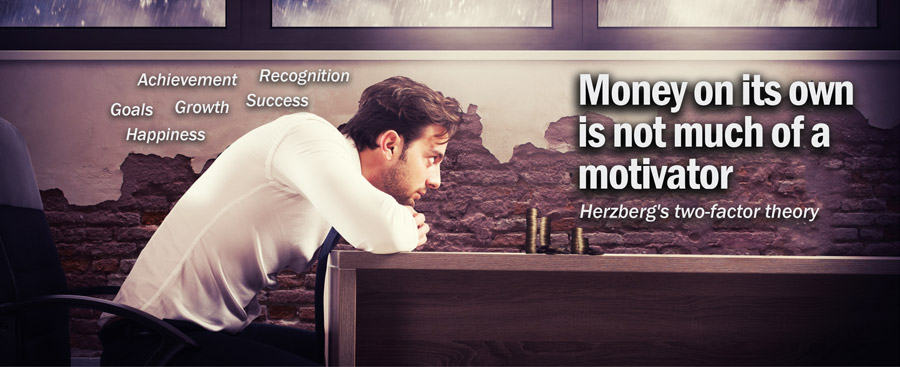



The power of the negative
Every now and then, in markets and in politics, there comes a point where negative emotions take over. And there’s one thing about the negative which is very important: it is powerful.
Yes, people will do all kinds of things in the hope of a positive outcome (such as cash, a bit of status, happiness or better relationships). But most of the time, the ‘greater voltage’ emotions are fully charged from the negative.
There are many academic studies on this, such as the widely-quoted Hertzberg work on money and motivation. This showed that money on its own is not much of a motivator – that is to say, paying someone more money generally won’t motivate people to work harder or produce better results.
However, money is a super de-motivator when you get it wrong. A good example would be when someone finds out that the person in the next cubicle, doing the same job, with the same qualifications, gets a higher salary. When that happens, ‘gnashing of teeth’ and bad-mouthing the boss are sure to follow, with a high degree of emotion and motivation, too.

The Brexit vote and the election of Trump are both examples of the power of negative emotion. In short, the voting population got to the point where they were seriously fed-up with political leaders, technical experts and the mainstream media. There are many clues as to why this rebellious tendency took hold.
The first comes from the British comedian and thought-leader of modern European satire, the late Spike Milligan. In a TV interview, he put it succinctly: “I resent being told what to do.” It is a widely held view. And these days, with so many people telling folks what to do, it’s not about to go away.
Useful insights on this topic also come from Mark Blyth, the economics professor at Brown University in the US. He is currently enjoying a bit of fame as an economist because he predicted the Trump win. His rationale is easy to follow and it goes like this:
In other words, the inequality and, consequently, the motivation to be rebellious is massive. Yes, not many people like Trump. But in many ways, a vote for Trump was a vote that was a result of rebelliousness – and that rebelliousness was a result of resentment.